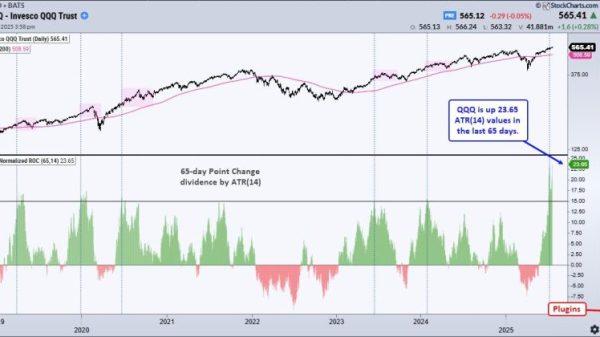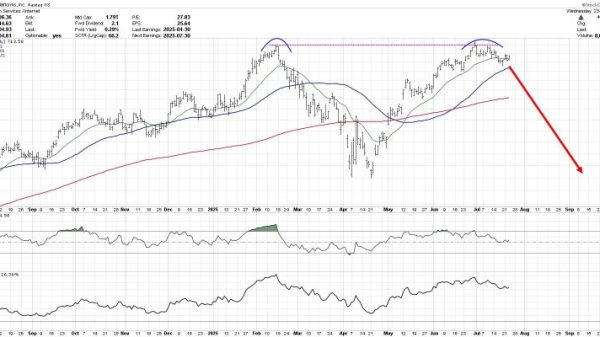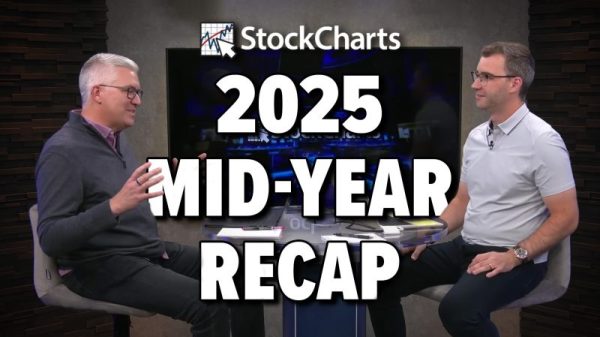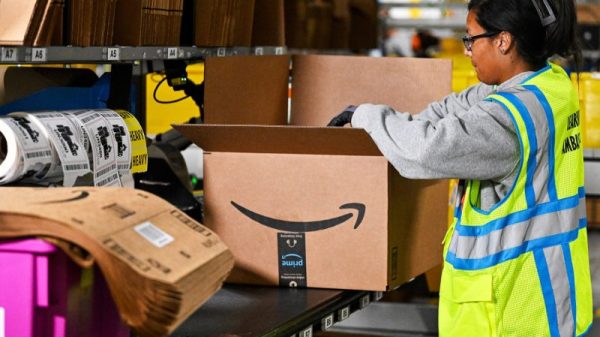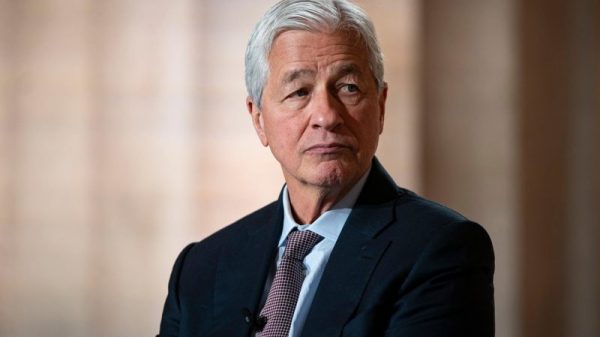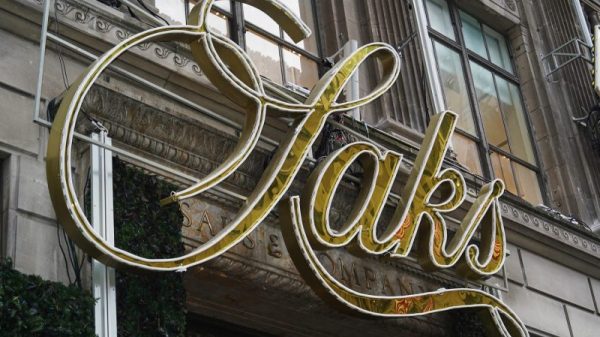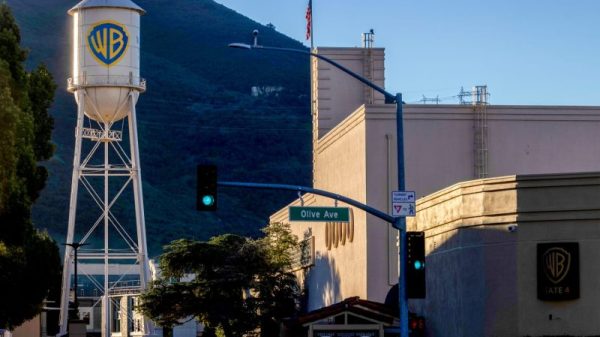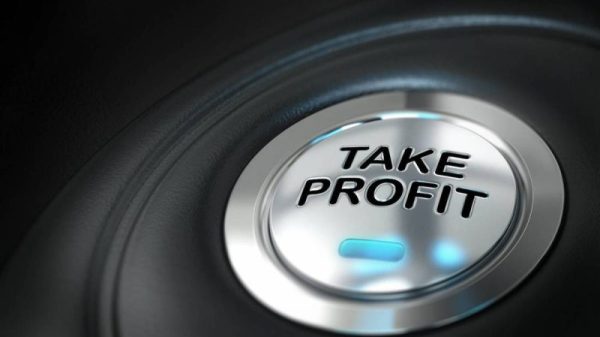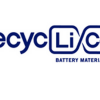When Natasha Craft first got a Yotta banking account in 2021, she loved using it so much she told her friends to sign up.
The app made saving money fun and easy, and Craft, a now 25-year-old FedEx driver from Mishawaka, Indiana, was busy getting her financial life in order and planning a wedding. Craft had her wages deposited directly into a Yotta account and used the startup’s debit card to pay for all her expenses.
The app — which gamifies personal finance with weekly sweepstakes and other flashy features — even occasionally covered some of her transactions.
“There were times I would go buy something and get that purchase for free,” Craft told CNBC.
Today, her entire life savings — $7,006 — is locked up in a complicated dispute playing out in bankruptcy court, online forums like Reddit and regulatory channels. And Yotta, an array of other startups and their banks have been caught in a moment of reckoning for the fintech industry.
For customers, fintech promised the best of both worlds: The innovation, ease of use and fun of the newest apps combined with the safety of government-backed accounts held at real banks.
The startups prominently displayed protections afforded by the Federal Deposit Insurance Corporation, lending credibility to their novel offerings. After all, since its 1934 inception, no depositor “has ever lost a penny of FDIC-insured deposits,” according to the agency’s website.
But the widening fallout over the collapse of a fintech middleman called Synapse has revealed that promise of safety as a mirage.
Starting May 11, more than 100,000 Americans with $265 million in deposits were locked out of their accounts. Roughly 85,000 of those customers were at Yotta alone, according to the startup’s co-founder Adam Moelis.
CNBC reached out to fintech customers whose lives have been upended by the Synapse debacle.
They come from all walks and stages of life, from Craft, the Indiana FedEx driver; to the owner of a chain of preschools in Oakland; a talent analyst for Disney living in New York City; and a computer engineer in Santa Barbara. A high school teacher in Maryland. A parent in Bristol, Connecticut, who opened an account for his daughter. A social worker in Seattle saving up for dental work after Adderall abuse ruined her teeth.
Since Yotta, like most popular fintech apps, wasn’t itself a bank, it relied on partner institutions including Tennessee-based Evolve Bank & Trust to offer checking accounts and debit cards. In between Yotta and Evolve was a crucial middleman, Synapse, keeping track of balances and monitoring fraud.
Founded in 2014 by a first-time entrepreneur named Sankaet Pathak, Synapse was a player in the “banking as a service” segment alongside companies like Unit and Modern Treasury. Synapse helped customer-facing startups like Yotta quickly access the rails of the regulated banking industry.
It had contracts with 100 fintech companies and 10 million end users, according to an April court filing.
Until recently, the BAAS model was a growth engine that seemed to benefit everybody. Instead of spending years and millions of dollars trying to acquire or become banks, startups got quick access to essential services they needed to offer. The small banks that catered to them got a source of deposits in a time dominated by giants like JPMorgan Chase.
But in May, Synapse, in the throes of bankruptcy, turned off a critical system that Yotta’s bank used to process transactions. In doing so, it threw thousands of Americans into financial limbo, and a growing segment of the fintech industry into turmoil.
“There is a reckoning underway that involves questions about the banking-as-a-service model,” said Michele Alt, a former lawyer for the Office of the Comptroller of the Currency and current partner at consulting firm Klaros Group. She believes the Synapse failure will prove to be an “aberration,” she added.
The most popular finance apps in the country, including Block’s Cash App, PayPal and Chime partner with banks instead of owning them. They account for 60% of all new fintech account openings, according to data provider Curinos. Block and PayPal are publicly traded; Chime is expected to launch an IPO next year.
Block, PayPal and Chime didn’t provide comment for this article.
While industry experts say that those firms have far more robust ledgering and daily reconciliation abilities than Synapse, they may still be riskier than direct bank relationships, especially for those relying on them as a primary account.
“If it’s your spending money, you need to be dealing directly with a bank,” Scott Sanborn, CEO of LendingClub, told CNBC. “Otherwise, how do you, as a consumer, know if the conditions are met to get FDIC coverage?”
Sanborn knows both sides of the fintech divide: LendingClub started as a fintech lender that partnered with banks until it bought Boston-based Radius in early 2020 for $185 million, eventually becoming a fully regulated bank.

